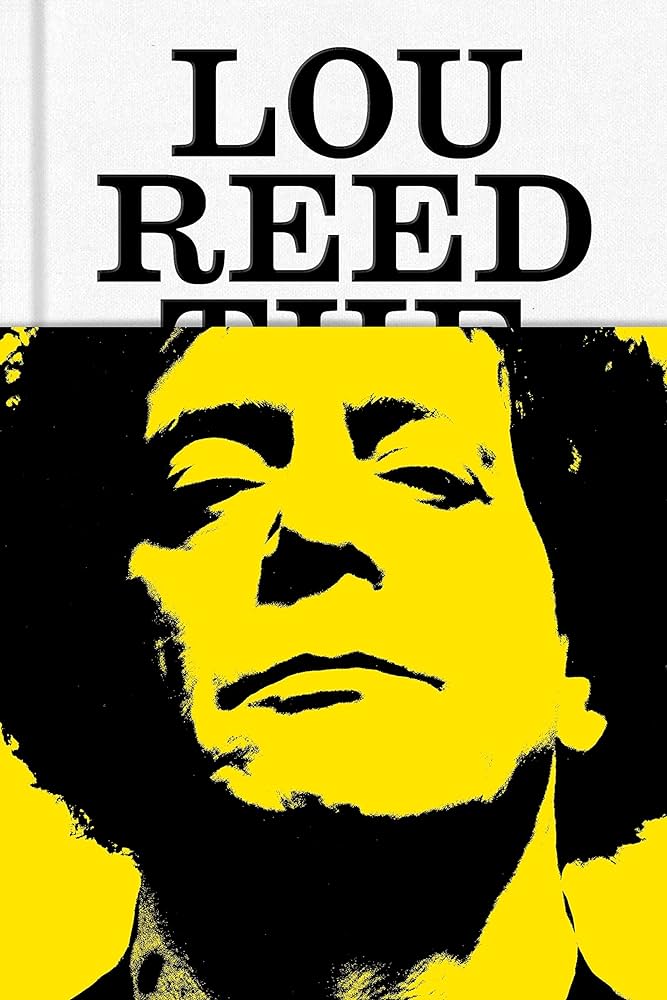There are few musicians who reached the same influential level as Lou Reed. An exceedingly popular rock star, he gained lots of fame from the nineteen-sixties to the eighties and has only continued acquiring a larger fan population following his death in 2013. Lou Reed: the King of New York was released on October 3rd, 2023 by author Will Hermes and quickly became a fan favorite. The novel follows Reed from his childhood all the way through his demise and covers a vast amount of his work and connections. Many personal aspects are revealed, showing what inspired his contentious lyrics. The book goes into detail about Lou’s relationship with his family and friends throughout every phase in his career.
Reed’s struggles with mental illness and sexuality, which accompanied him throughout his entire life, are highly noted in the novel. The stress of these issues caused Reed to abuse substances prematurely which inspired many of his songs including “I’m Waiting for the Man,” a tribute to the emotions Lou possessed while meeting his plug, and “Heroin,” his description of the substance’s effect on him. Discussing sedatives in musical lyrics was not contemporary but was often heard in different genres. The rock-and-roll industry was not exposed to these topics until around the time Reed rose to fame. Lou’s difficulty with homosexuality took a toll on his self-esteem early on in his life. He, like many other people at the time, was forced to keep quiet and hide that part of him, forcing Reed to face troubles with insecurity and difficulty in romantic relationships throughout the rest of his life. Lou Reed: the King of New York is written to allow the reader to feel what it was like for the artist growing up and how that reflects the way his behavior and decision making process functioned in later years.
Reed’s association with artists like Andy Warhol, David Bowie and Nico truly made an impact on his work. By being associated in this group, his friends supported one another’s creative endeavors and enabled them to collaborate on their interests. Nico, for example, fabricated much of The Velvet Underground’s music with Lou and the rest of the band. Reed himself was not very social, being visibly uncomfortable in interviews and other public settings. He had many fears about his own sanity which caused him to excessively worry, even to the point where he would create issues with strangers and friends for practically no reason, often getting violent. Lou was known for breaking through the stigma of homophobia during the mid twentieth century and discussing taboo matters in his music that were shunned upon during the peak of his career. He influenced many people to step out of their shells and accept themselves through his lyrics, which as one can guess made him a very controversial figure of the time. He challenged mainstream tracks which only added to his success, creating an extremely individualistic character for himself which the audience was inspired by.
Personally, I really enjoyed this biography. I think Hermes did a phenomenal job at revealing Reed’s life in a way no other biography has. His informative style of writing was not only beautifully done but also gives the reader a new perspective on the legacy of Lou Reed. No matter how much someone may think they know Reed, I am sure that they will learn something new about him in this novel.
